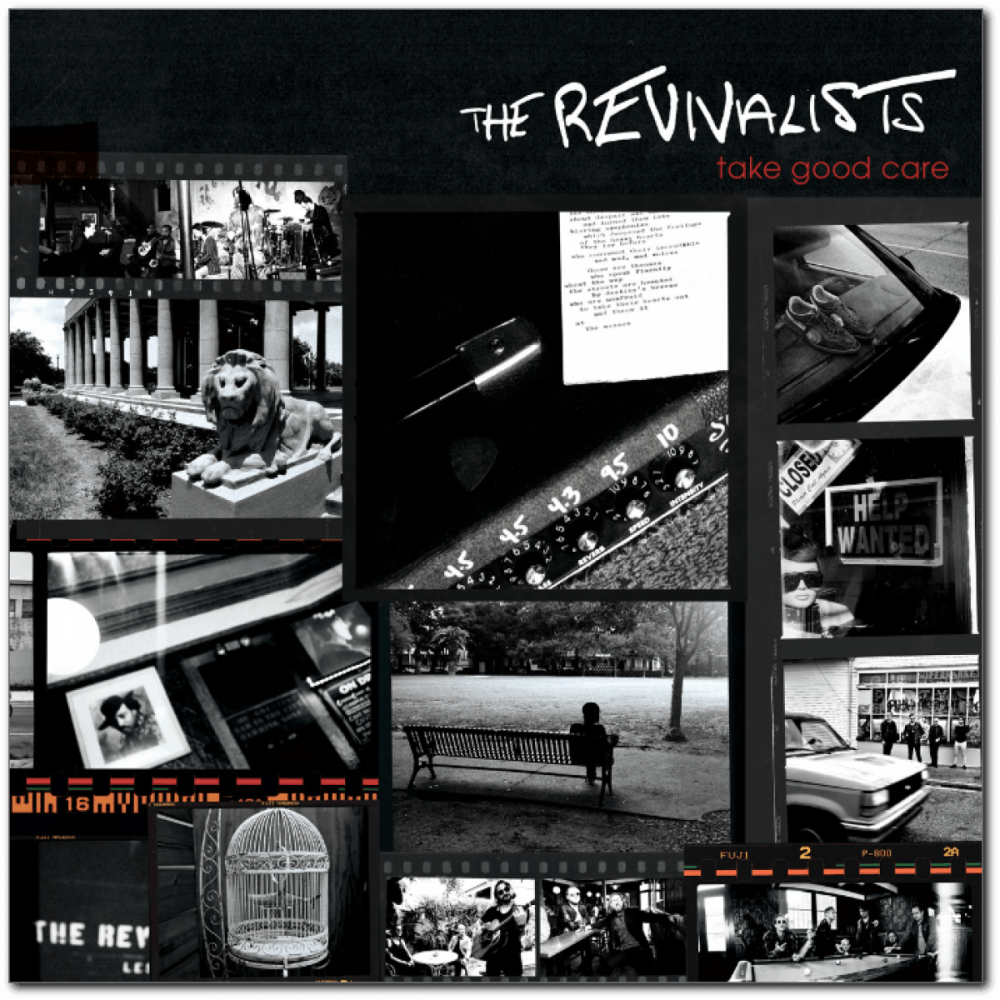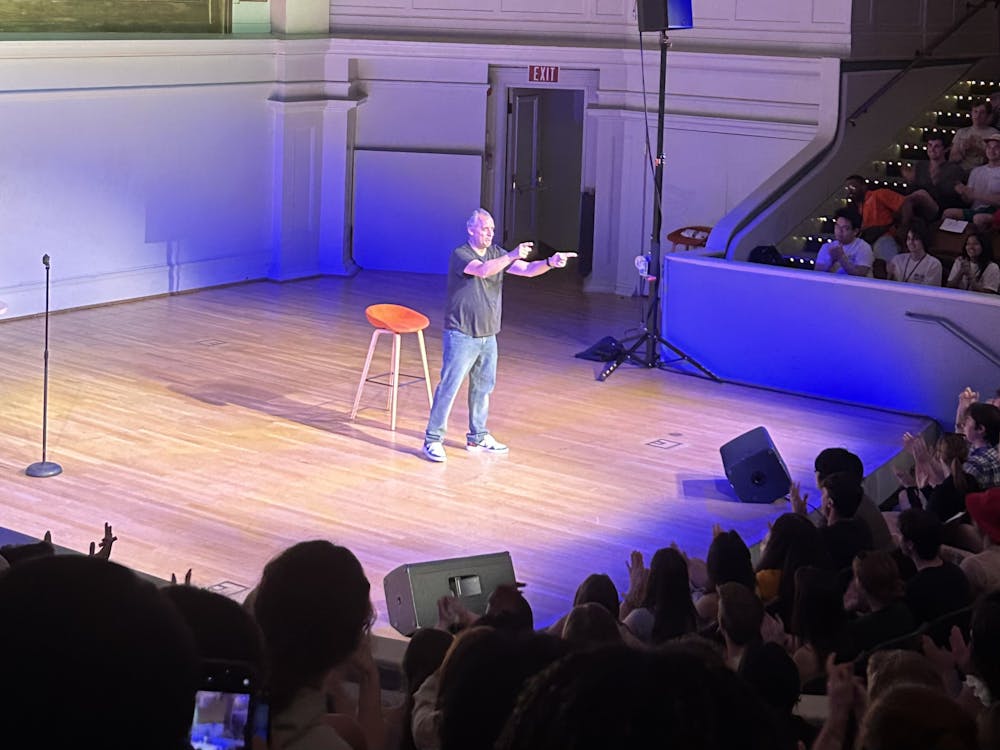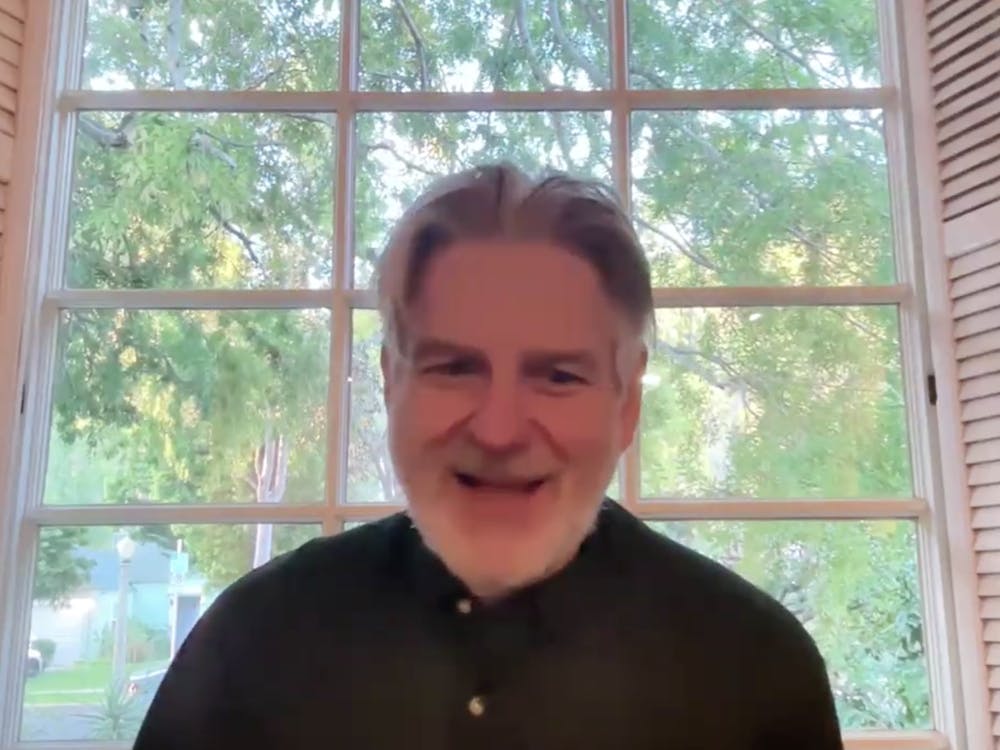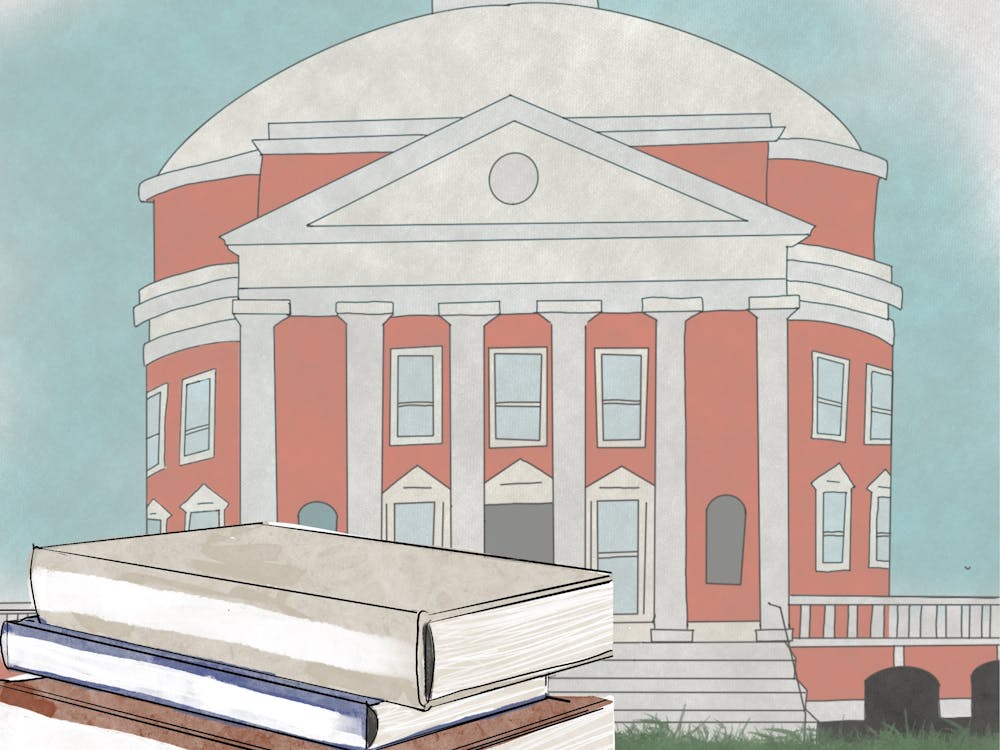As both music and life become increasingly robotic, individual taste and desire are going to give way to a hegemony of conformity and boredom. Has all art already been made? Has individuality been exterminated by dependency? The Revivalists’ new album “Take Good Care,” released last week, provides a definitive answer — no.
The unique mix begins with Ed Williams’ pedal steel guitar. Then there’s guitarist Zack Feinberg’s ability to encompass anything from Woody Guthrie’s talking blues acoustic jive to Jimmy Page’s classic metal, all within one song. Add to that a quintessential New Orleans horn section, a modern pop heavy bass, a funky keyboard, rock ‘n roll drums and singer David Shaw’s genreless voice. The result is an eight-piece band that thrives on each other’s individuality.
There’s a sweet simplicity in “Take Good Care,” The Revivalists’ fourth studio album, an impressive feat considering the variety of instruments and influences packed into 14 songs. This is an album that focuses on noise. There aren’t many verses in each song outside of the chorus, but the few verses generally hit the nail on the head. Each song has a focal narrator that the words and melodies revolve around.
The record kicks off in a surprisingly mellow way, especially considering the upbeat tempo of the three singles. “Otherside of Paradise” opens with a gospel array of background singers who accompany the band on tour. The few words outside of the chorus in “Otherside” evoke a Dylan-like muse that has led the narrator down a dark path from which he hopes to break free. He recalls that all of this time was “spent wasted on chasing the words of the wise.”
Shaw started writing this album in his late 20s which he described as a tumultuous time in his life. Shaw was hung up on being someone else through his music and is in search of a different muse, one that’s wholly his.
The next track, “All My Friends,” responds to the melancholy opener. The track has garnered plenty of radio play, featured on the Adult Alternative Radio charts 14 weeks straight, peaking at number one. While “Otherside” is regretful of the past, “All My Friends” is optimistic about the future. It is a wonderful anthem of friendship that expresses how it’s impossible to be an individual without being surrounded by people who allow for a resolute freedom of expression.
No song on this album is constrained to a single genre. The diverse arrangement of multiple genres in each track shows The Revivalists’ eclectic, subversive independence. Rock, hip-hop, country, blues, folk, classic metal, funk, punk and reggae all flow seamlessly together in “Take Good Care.” This brings back our paradox of individuality through dependence. The Revivalists don’t explore just for the sake of exploring, though. Each component depends on the others. No one aspect of this record would be complete without the other.
“Take Good Care” is not perfect by any means. The simplicity of the writing on the first side works well but grows repetitive as the album wears on. “Hate To Love You,” “When I’m With You,” “Future” and “Celebration” each have one or two poorly crafted verses. “Future” sounds like it comes from Muse’s new album, dropped on the same day. Some unexpected punk isn’t a bad thing, but the lone verse is a restatement of “You Said It All,” just not as well written.
The record ends with an overt political statement from the progressive Southern rock group. “Shoot You Down” confronts gun violence in America. The narrator of this track speaks directly to the character in “Otherside,” who is considering killing himself. Perhaps that narrator is the new muse that the “Otherside” character is looking for, “I’ll always be the bridge / not the one who burns it / I’ll always be the kid with open arms deserving / Of all the love you give in a world that’s hurting / Say, we just want to live.” “We just want to live” shouldn’t be a political statement, but nowadays, perhaps, it is.
The closing song asserts the power of music. Music was meant to deal with the big issues of its moment. Considering that during the week before “Take Good Care” was released, at least 16 people were killed in at least four mass shootings, it’s about time people start listening.





